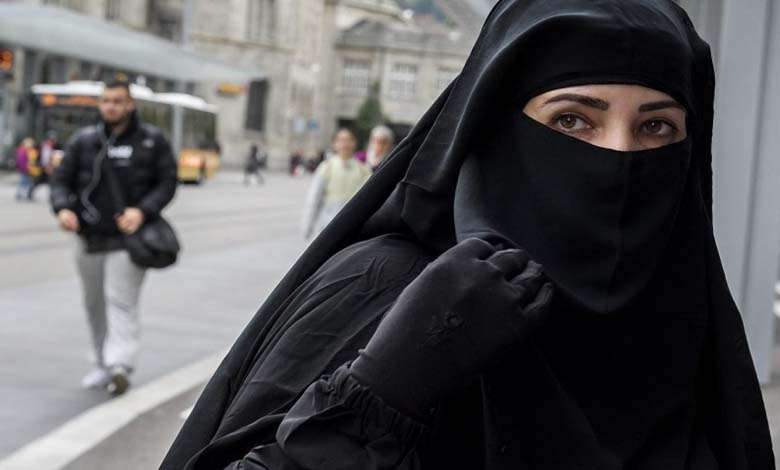The Muslim Brotherhood in Italy proposes a bill to ban wearing the niqab and burqa in public places

In a move that has sparked wide legal and social debate, lawmakers from Italy’s ruling Brothers of Italy (Fratelli d’Italia) party have introduced a new bill aiming to prohibit women from wearing the niqab and burqa in public spaces. The proposal forms part of a broader strategy that the party describes as an effort to counter “cultural separatism.”
-
The curse of the Muslim Brotherhood haunts European parties that supported them
-
From Istanbul to Rome: The Brotherhood Seeks Control
According to Reuters, the draft law bans any full-face covering in schools, universities, markets, offices, and all public places across the country. It is part of a wider legislative package that also includes stricter financial transparency requirements for religious organizations and harsher penalties for forced virginity tests and religiously motivated forced marriages.
The bill proposes fines ranging from €300 to €3,000 for violations. Lawmakers argue that the goal is not merely to regulate public appearance, but to address what they view as expressions of religious extremism or practices that may lead to “religiously motivated hatred,” according to the preliminary draft.
-
One of the key figures of the Muslim Brotherhood… What do you know about Tunisian Oussama Sghaier?
-
Tunisian Analyst: Many Muslim Brotherhood associations involved in recruiting youth for terrorism
Notably, the idea of banning face coverings is not new in Italy. In the northern region of Lombardy, restrictions have been in place since 2015, preventing women wearing full-face veils from entering public buildings.
Several other European countries have already introduced similar bans or restrictions on full-face coverings, including France, which passed its law in 2011, as well as Austria, Switzerland, Turkey, and Tunisia.
-
Analysts reveal fate of Brotherhood’s economic and charitable institutions and networks in Europe
-
After the Arrest of a Hamas Cell in Berlin: The Brotherhood’s Danger Infiltrates Europe
In addition to the ban on face-covering garments, the bill contains further regulatory measures concerning religious affairs. Among the proposed amendments are stricter rules on mosque and religious organization funding, and oversight of their relations with the state. It also calls for classifying cases of religious persecution or coercion as criminal offenses, particularly in contexts of forced marriage and violence tied to coercive religious practices.
The proposal also refers to a draft introduced by the Lega (League), a coalition partner, which focuses on milder restrictions covering partial face coverings. This draft may eventually be merged into the broader legislative proposal.
Many analysts believe that the government’s parliamentary majority will ease the bill’s passage, although no official timetable has yet been set for its discussion in the Italian Parliament.












